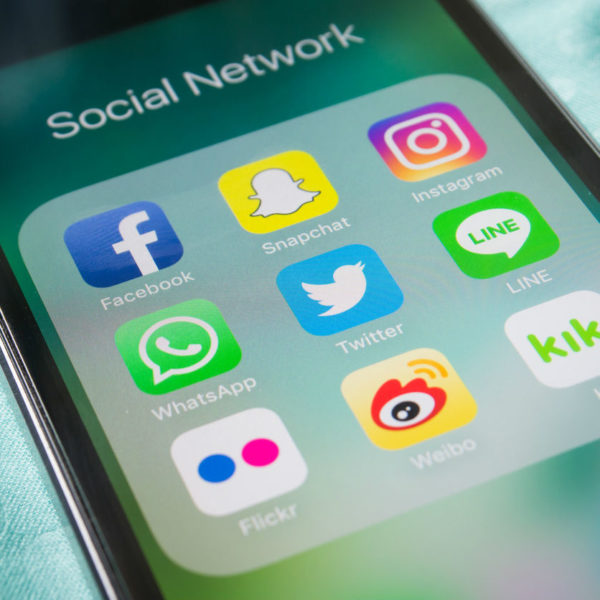The average adult American spends almost half of every day interacting with media. This may not be a good thing. We need to be savvier digital consumers, says Dr. Carrie Barron, assistant professor of psychiatry and director of creativity for resilience at Dell Medical School.
New technologies such as Apple Screen Time and Google Downtime now give us not only the data on how much we consume, but also the opportunity to reduce that consumption.
We talked to Barron about the relationship between content consumption and health and well-being, and how to have a healthy digital lifestyle.
Q. What do we know at this point about the relationship between our media diets and well-being?
Carrie Barron: We are what we consume. Just as what we eat impacts well-being, our digital diet influences what we think, feel, do and say in the moment or over the long haul.
Q. At what point does media consumption become over-consumption?
CB: It is all relative. If a site vitalizes you and the more you do it, the happier you are, great. If you feel badly because you have FOMO (fear of missing out) or are not in France like so and so, and you keep going back to check and feel even worse, then that is a problem. It’s a problem because it hurts you. One risk is that we lose our self-possession and are swept into unnecessary discomforts due to unhealthy comparisons.
Q. Are there long-term negative health effects associated?
CB: Depression, malaise, anxiety, insecurities. Lack of sleep from overstimulation. Sedentary lifestyle from hours of typing, clicking, searching and scouring. Not being outside enough.
Q. In a recent Harvard Business Review article, you referred to today as a moment of “peak content” similar to “peak tobacco” 50 years ago. What is the connection between the two?
CB: Like tobacco, digital content is a delight that is integrated into our everyday lives but has sequestered drawbacks. The fast fix may not always be the best for health. Health hazards that were not anticipated exist.
Q. Who is responsible for ensuring healthy consumption habits? The content producers or consumers?
CB: Companies created content before ethical standards for people’s health and well-being were established. While we can become more aware of compromised content and skilled at selection, the bulk of the responsibility is in the hands of these massive companies.
Q. How do we as a society promote behavioral health in people’s digital lives?
CB: Ask people to pause and reflect. Take a moment to see what is happening inside and heed needs. Expect ethical behavior from leading institutions and companies. We have been so swept up. Take a moment to wonder, ponder and parse out what is useful and what is not.
Q. Any tips on how to consume media with wellness in mind?
CB: Be sensitive to your momentary reactions because they are clues about who you are, how you work, what you need. You may not want to shut off your device, but you can be your own disciplinarian regarding your health. If this site is sinking your soul, then switch to another. Teach yourself to take care of yourself. Do what you can to help technology help you and other people.



